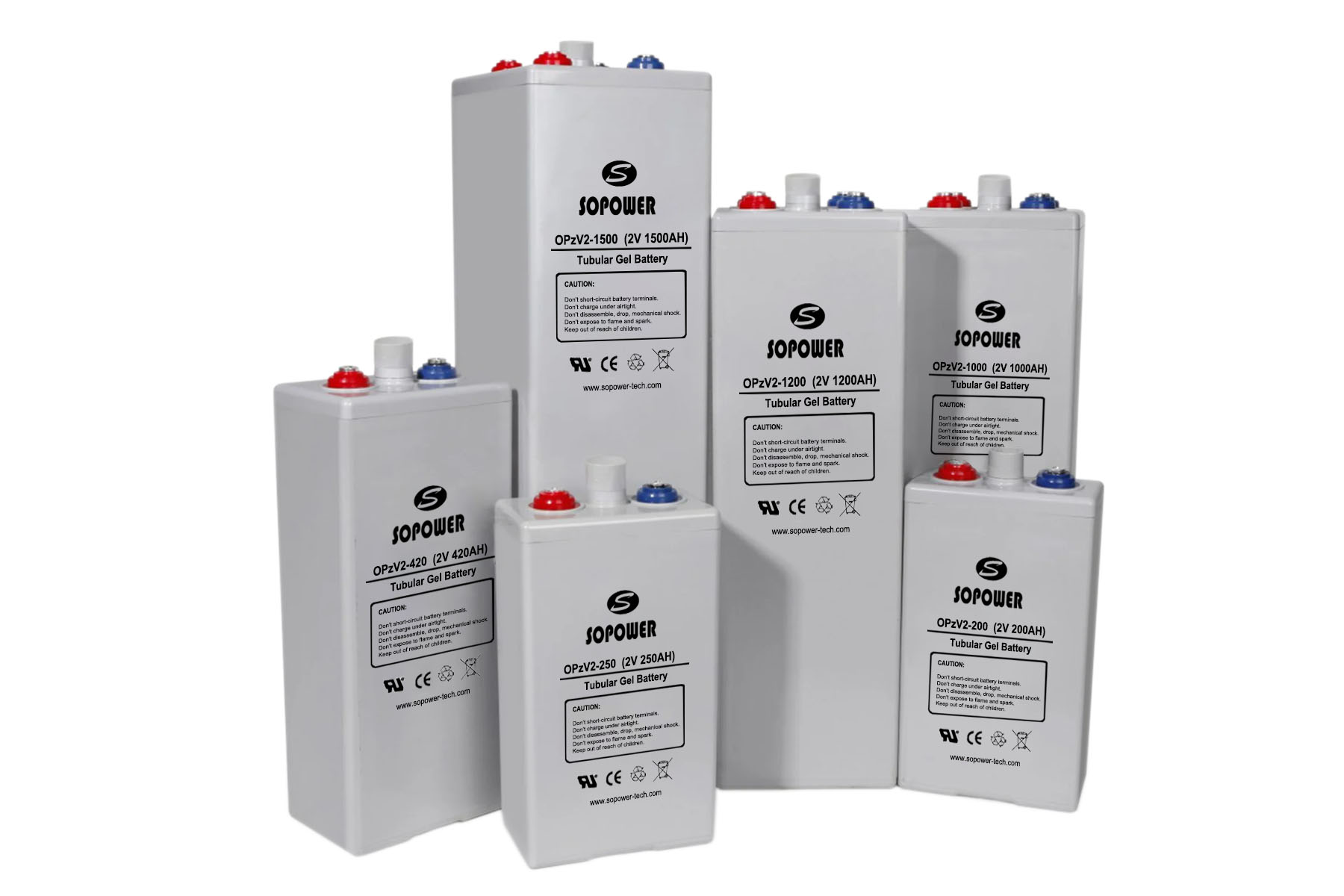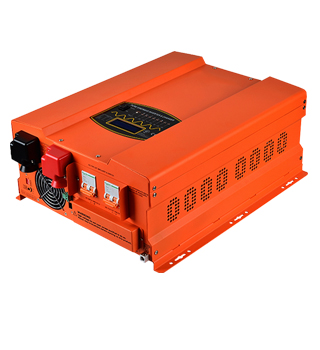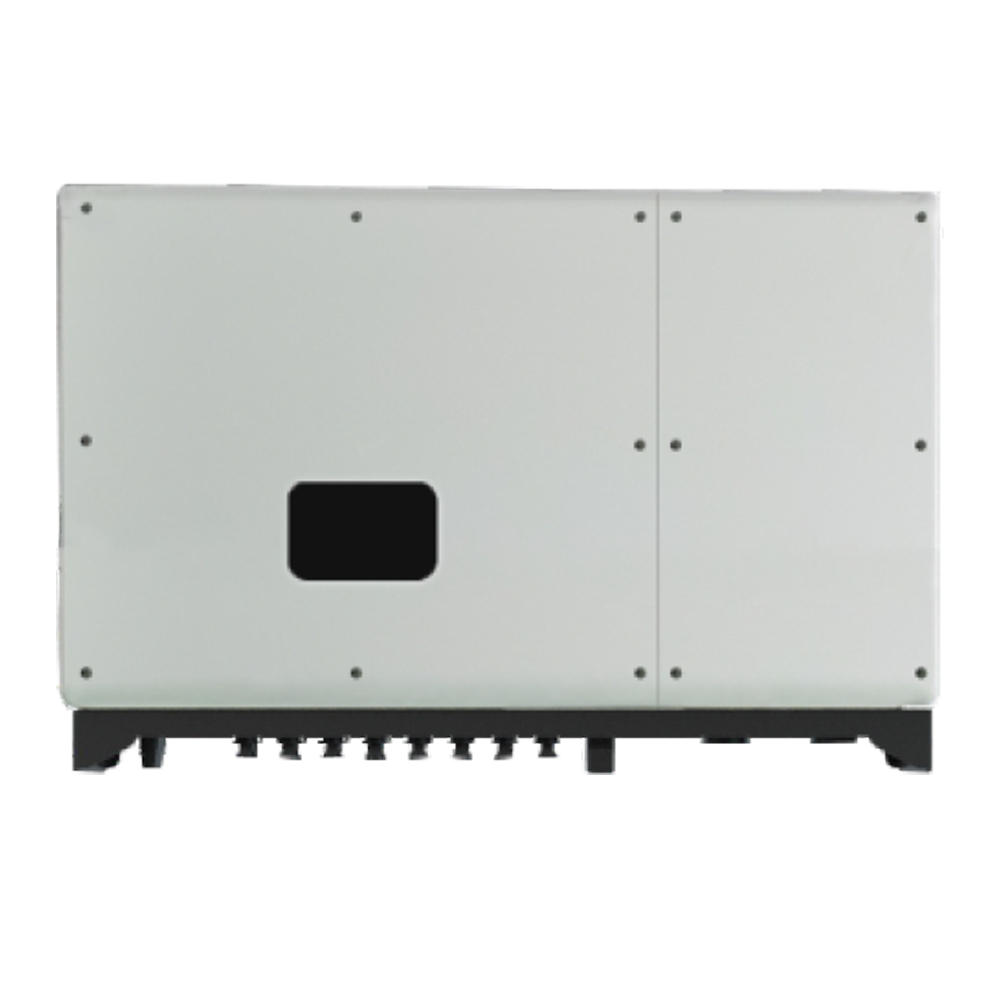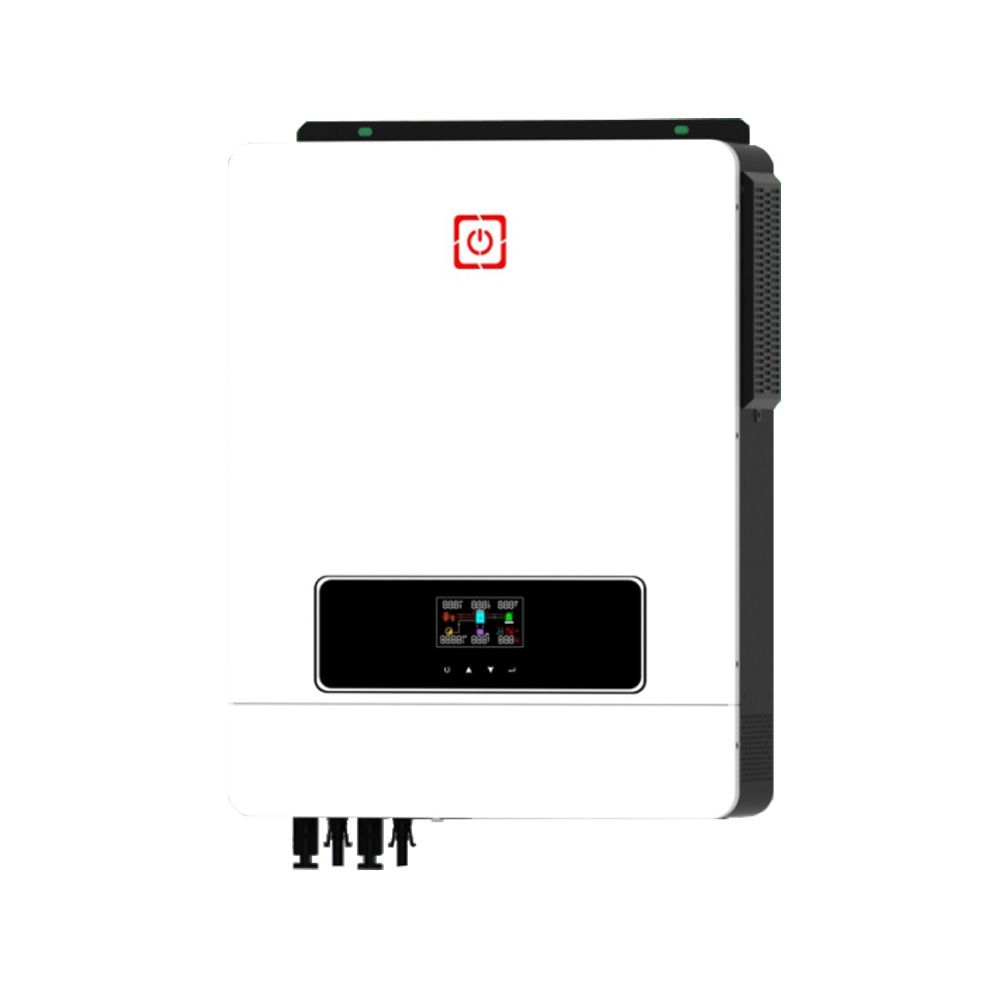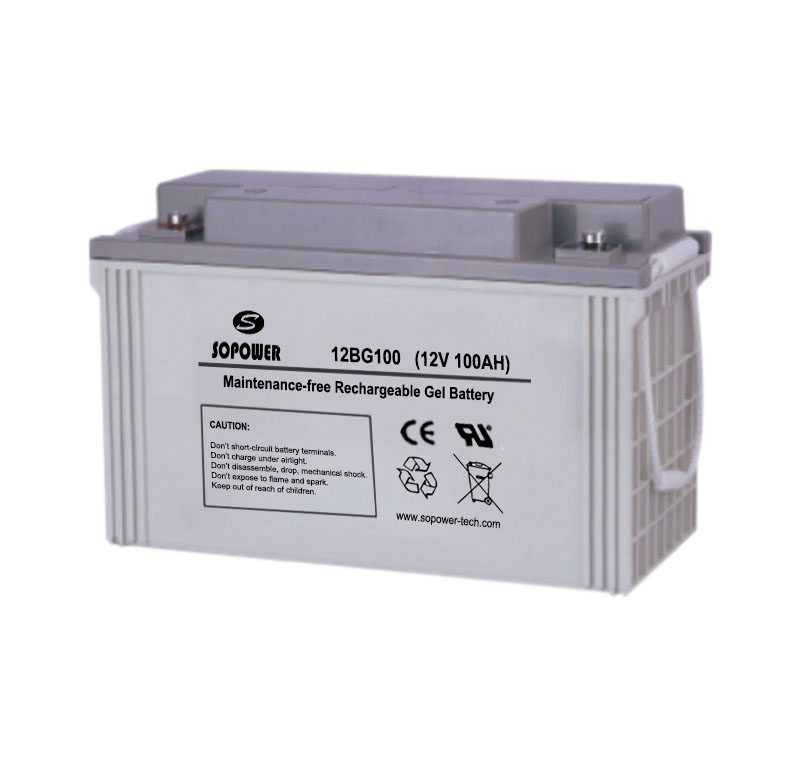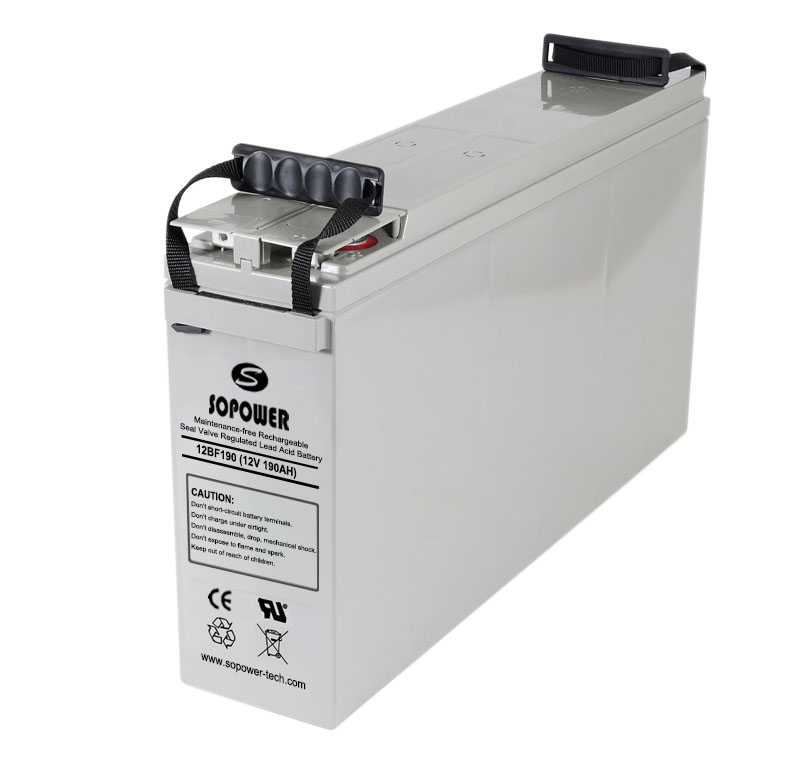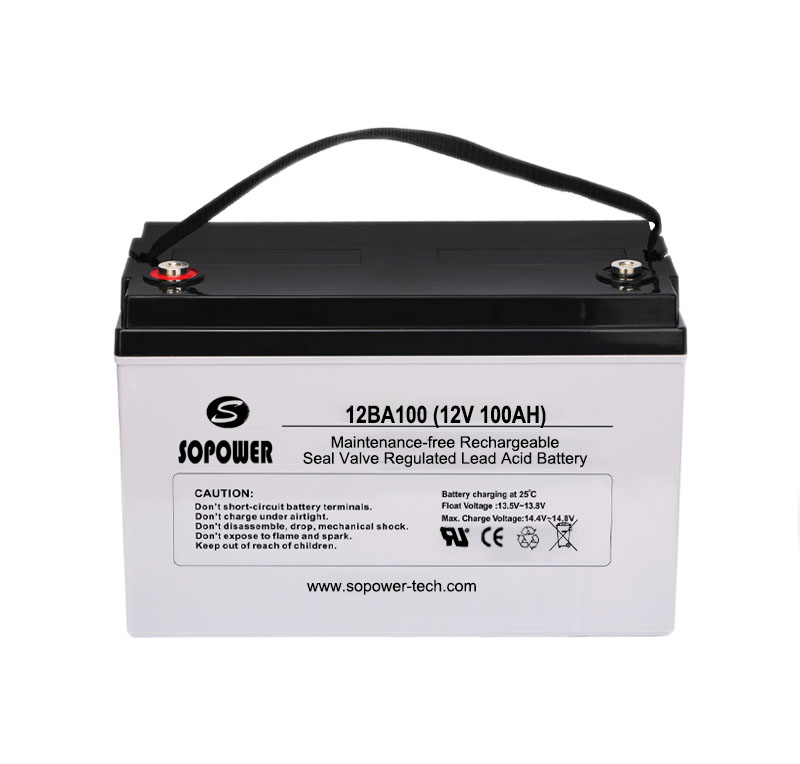Source: PV-Magazine Date: 08. JANUARY 2016
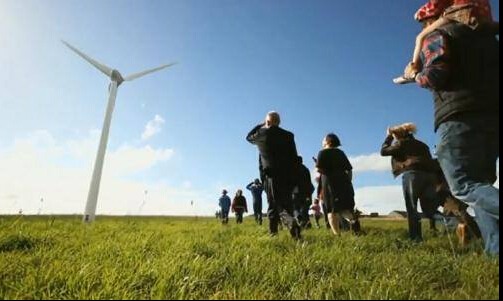
A legislative committee has approved the introduction of exemptions to the IPI, PIS, Pasep and Cofins taxes for certain components of solar PV installations in the 8322/14 bill.
The Committee on Mines and Energy in the lower house of of Brazil's legislature (Chamber of Deputies) has approved the inclusion of tax exemptions for components of PV systems when locally produced alternatives are not available. These exemptions are included in Senate Bill 8322/14, according to a legislative news agency.
Specifically, the committee approved modifications to the text of the bill with an increase in components that are exempted from the Tax for Industrial Products (IPI) like cables, connectors and structural components.
Additionally, exemptions were introduced for the Social Integration Program (PIS) tax, Heritage Training for Public Servants (Pasep) tax and the social Contribution for the Financing of Social Security (Cofins) for solar PV.
"These tax exemptions included in the legislation are interesting for the PV sector," Brazilian Solar Photovoltaic Energy Association (Absolar) Executive Director Rodrigo Sauaia told pv magazine. "The wide debate on the introduction of tax exemptions for PV equipment in Brazil is an especially strategic development."
In Brazil a series of taxes are applied on the components of PV systems, among these import duties, which do not benefit the sector. "The initiatives to reduce taxes to PV equipment are necessary and welcome, as PV is already at a competitive disadvantage against other forms of energy in Brazil for tax purposes," notes Sauaia.
These legislative proposals are pending again after being stopped for several months last year. “Brazil needs to stimulate this market and one of the ways to do this is to facilitate commercialization,” stated Deputy Arnaldo Jordy. It was agreed that other components “could benefit from tax reductions – as imported products – until the Brazilian market is able to produce them”.
The legislation already includes other tax exemptions such as the exemption for the import of certain components. It maintains the premise that for exemptions to be applied, Brazilian-made components must not be available. The bill must still be sent to the Finance and Taxation Committee and the Constitution, Justice and Citizenship Committee of the Chamber of Deputies before it comes to a vote of the full chamber.
"It is important that the government understands that reducing taxes on the solar PV sector does not mean reducing revenues," states Sauaia. "With these direct (tax) reductions, the investments, the employment and the indirect revenues to the government will be higher and the overall result will be growth in the national economy and revenues for the public sector."

